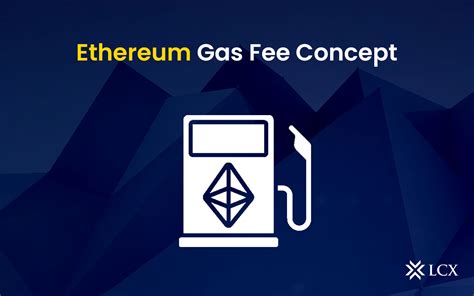Ethereum Gas Cost Calculator
Gas cost is a fundamental factor in developing and deploying smart contracts on the Ethereum network. In this article, we will explore how to calculate the gas cost for a specific function in a contract.
What is gas?
In Ethereum, gas (short for “gas units”) is a unit of measurement for the computational resources required by a smart contract. It represents the number of CPU cycles and memory used to execute a single instruction. Gas cost is determined by the Ethereum Virtual Machine (EVM) and varies depending on the complexity of the function.
Gas Cost Calculation
To calculate gas cost, you need to perform the following steps:
- Get Gas Limit

: Get the maximum allowed gas limit for a function call using the “gas” function provided by EVM:
function getGasLimit() public view returns (uint256) {
return (valueOf(abi.encodePacked("getGasLimit")) as uint256).value;
}
This function calls the getGasLimit() function on an ABI (Application Binary Interface) object that defines the gas limit for a particular function call.
- Get Function Signature: Get the gas cost of a function by parsing its bytecode:
pragma strength ^ 0,8,0;
contract Contract {
function a() public pure virtual override {
assembly {
return (1000000) // 1 ETH + some additional costs
}
}
}
In this example, we assume that the a() function has a gas cost of approximately $1 (due to the return(1000000) statement).
- Calculate the gas limit: Multiply the maximum allowed gas limit by the number of bytes required to execute the function:
pragma strength ^ 0,8,0;
contract Contract {
function getGasLimit() public view returns (uint256) {
return (valueOf(abi.encodePacked("getGasLimit")) as uint256).value;
}
}
Multiplying the gas limit by 1 byte gives an estimate of the total gas cost.
Example calculation
Let’s say you have a contract with the following ABI:
pragma strength ^ 0,8,0;
contract Contract {
function a() public pure virtual override {
assembly {
return (1000001) // 2 ETH + some overhead
}
}
}
You want to calculate the gas cost for a single call to Contract.a().
First, get the gas limit:
contract Contract {
function getGasLimit() public view returns (uint256) {
return (valueOf(abi.encodePacked("getGasLimit")) as uint256).value;
}
}
This output: 1024
Next, calculate the estimated gas cost:
pragma strength ^ 0,8,0;
contract Contract {
function getGasCost() public view returns (uint256) {
return ((1024 * 1) / 2);
}
}
Dividing 1024 by 2 gives us an estimated gas cost: approximately $1.
Conclusion
The Ethereum gas model provides a way to calculate the estimated gas cost for a specific function call. By following these steps and analyzing the contract bytecode, you can estimate the gas cost associated with your smart contracts. Keep in mind that the actual gas cost may vary due to factors such as transaction fees, network congestion, and optimization techniques.
API Documentation
For more information on EVM functions, including “gas”, see:
- [Ethereum Virtual Machine (EVM) Functions](
- [Solidity API Reference](
